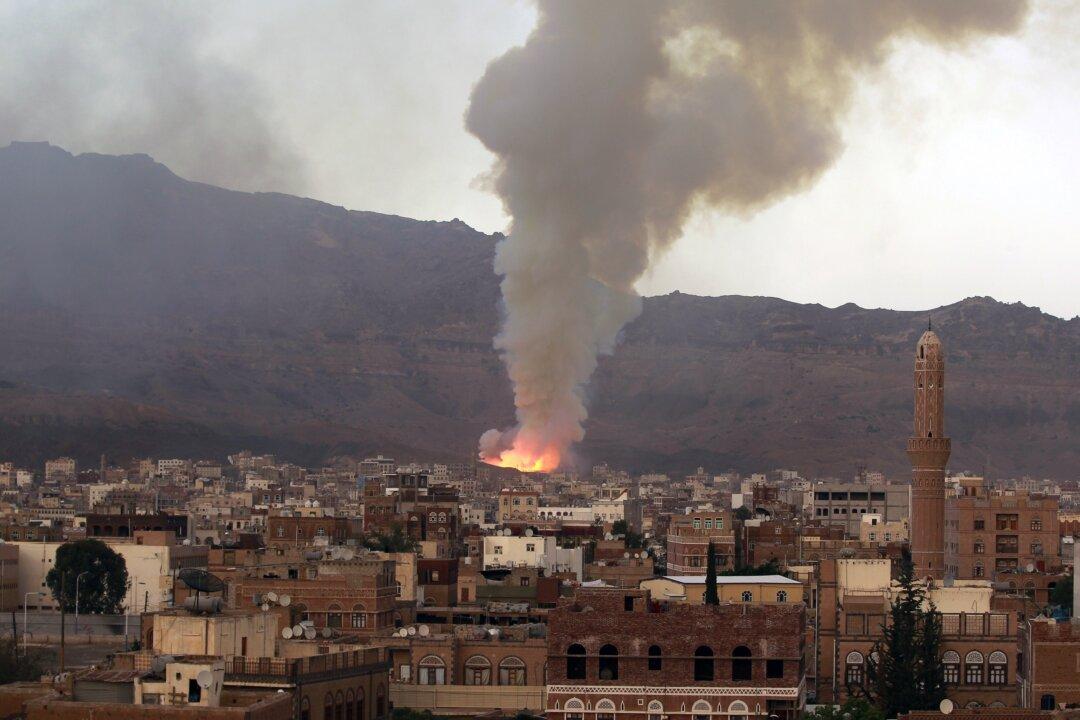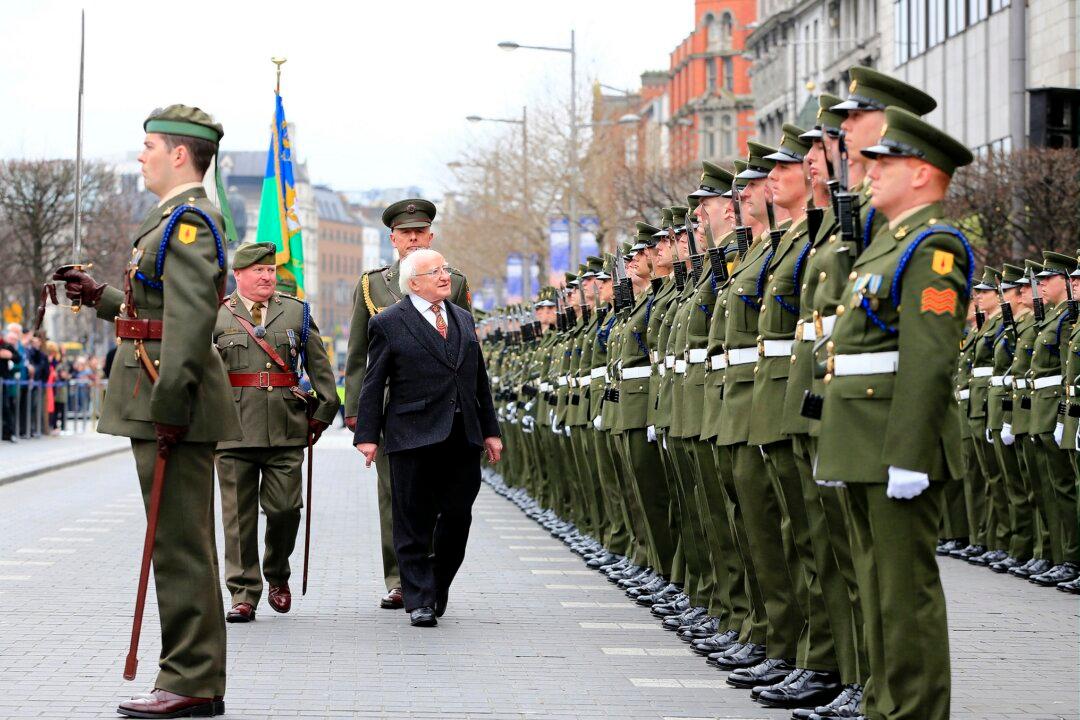Yemen is the poorest country in the Arab world, bereft of resources, fractured by tribal divisions and religious sectarianism, and plagued by civil war.
And yet this small country tucked into the bottom of the Arabian Peninsula is shattering old alliances and spurring new and surprising ones. As Saudi Arabia continues its air assault on Yemen’s Houthi insurgents, supporters, and opponents of the Riyadh monarchy are reconfiguring the political landscape in a way that’s unlikely to vanish once the fighting is over.
The Saudi version of the war is that Shiite Iran is trying to take over Sunni Yemen using proxies—the Houthis—to threaten the kingdom’s southern border and assert control over the strategic Bab-el-Mandeb Strait into the Red Sea.
The Iranians claim they have no control over the Houthis and no designs on the strait. They maintain that the war is an internal matter for the Yeminis to resolve.
The Saudis have constructed what at first glance seems a formidable coalition consisting of the Arab League, the monarchies of the Gulf Cooperation Council (GCC), Turkey, and the United States. Except that the “coalition” isn’t as solid as it looks—in fact, it’s more interesting for whom it doesn’t include than whom it does.
Friends Like These
Egypt and Turkey are the powerhouses in the alliance, but there’s more sound and fury than substance in their support.
Initially, Egypt made noises about sending ground troops—the Saudi army can’t handle the Houthis and their allies—but pressed by Al-Monitor, Cairo’s ambassador to Yemen, Youssef el-Sharkawy, turned opaque: “I am not the one who will decide about a ground intervention in Yemen. This goes back to the estimate of the supreme authority in the country and Egyptian national security.”
Since Saudi Arabia supported the Egyptian military’s coup against the Muslim Brotherhood government and is propping up the regime with torrents of cash, Riyadh may eventually squeeze Cairo to put troops into the Yemen war.
While Turkish President Recep Tayyip Erdogan also pledged Ankara’s support for “Saudi Arabia’s intervention” and demanded that “Iran and the terrorist groups” withdraw, Erdogan was careful to say that he “may consider” offering “logistical support based on the evolution of the situation.”
Erdogan wants to punish Iran for its support of the Assad regime in Syria and its military presence in Iraq, where Tehran is aiding the Baghdad government against the ISIS. He is also looking to tap into Saudi money. The Turkish economy is in trouble—its public debt is the highest it’s been in a decade, and borrowing costs are rising worldwide. With an important election coming in June, Erdogan is hoping the Saudis will step in to help out.




